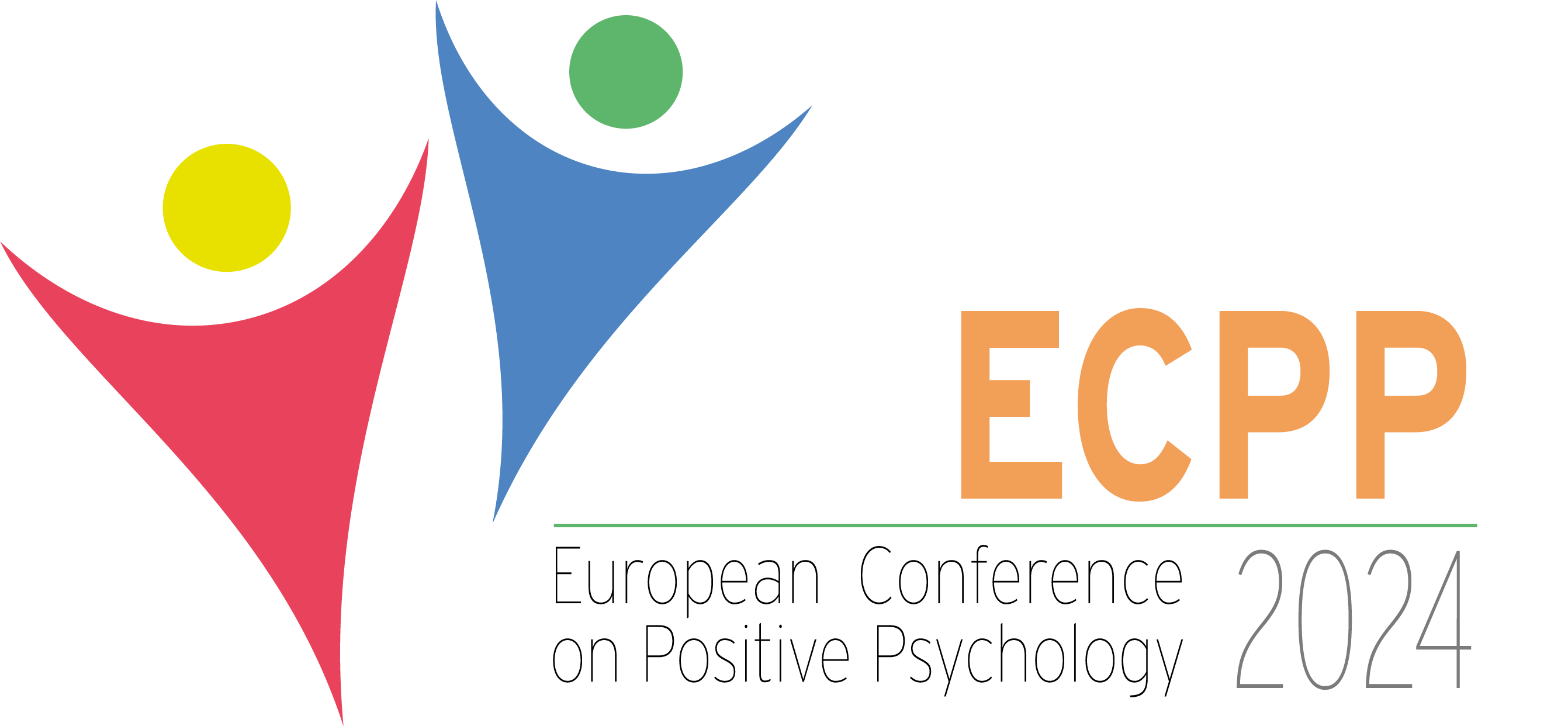Judith Mangelsdorf
Abstract
In a world beset by crises, positive psychology faces a critical challenge - how can the field contribute meaningfully to the global issues of our time? Initially rooted in an individualistic, positivistic, and Western perspective, the field has now embraced a more complex and systemic approach to well-being and the pursuit of a good life. Simultaneously, in the face of escalating environmental and health crises, positive psychology is compelled to elucidate its role in tackling these global challenges.
This presentation introduces the concept of a potential fourth wave of positive psychology -termed "globality." Aligning with the waves of positivity, polarity, and complexity as proposed by Lomas and colleagues, the fourth wave envisions a concerted effort to bridge the gap between the pressing global challenges of our times and the research and practice of positive psychology.
In 2015, the United Nations unveiled the Sustainable Development Goals (SDGs) as a blueprint for steering the world in the right direction. However, progress toward these goals has proven to be disappointing. This talk posits that a key factor hindering our collective progress is the lack of personal development necessary to catalyze the processes outlined in the SDGs.
Drawing from phenomena like individual and collective post-traumatic and post-ecstatic growth, I will underscore the role positive psychology can play in personal development within the framework of inner development goals. This approach seeks to empower individuals to contribute to the UN's Sustainable Development Goals, fostering a collective effort toward a better future.
About Judith Mangelsdorf
Judith Mangelsdorf is professor for Positive Psychology at the German University of Health and Sports in Berlin. She is director of the German Master’s Program in Applied Positive Psychology and co-founder of the German Society of Positive Psychology. Judith hold’s master’s degrees in mathematics, music, and psychology, and studied positive psychology with Martin Seligman at the University of Pennsylvania. As a fellow of the Max-Planck Society, she received her PhD from the Free University Berlin. Her dissertation addressing the question “Does growth require suffering?” won IPPA’s top dissertation award in 2019. Judith’s research focusses on the linkage between post-traumatic and post-ecstatic growth and investigates the question, how life’s best and worst experiences can contribute to human thriving. She works as supervisor for different hospice and palliative care teams to apply positive psychology in the context of end-of-life care and trauma therapy.

